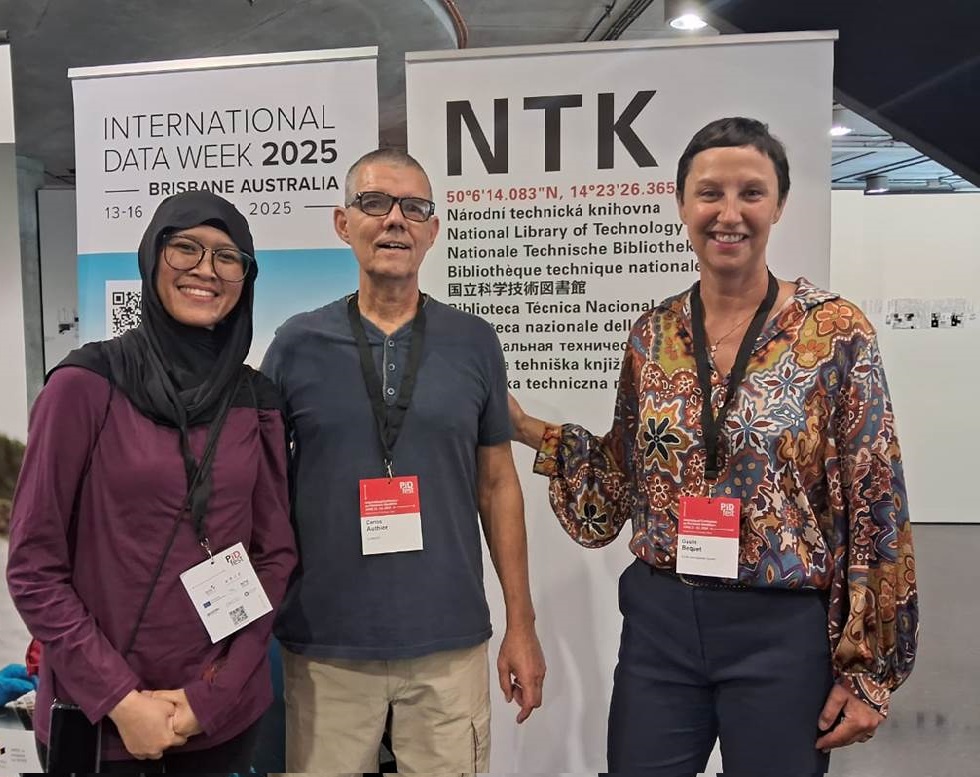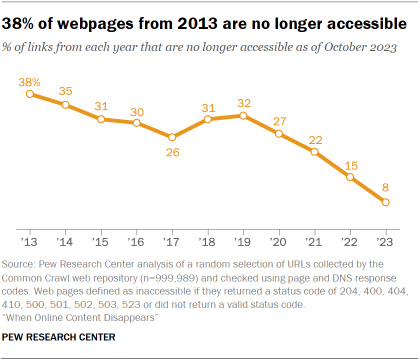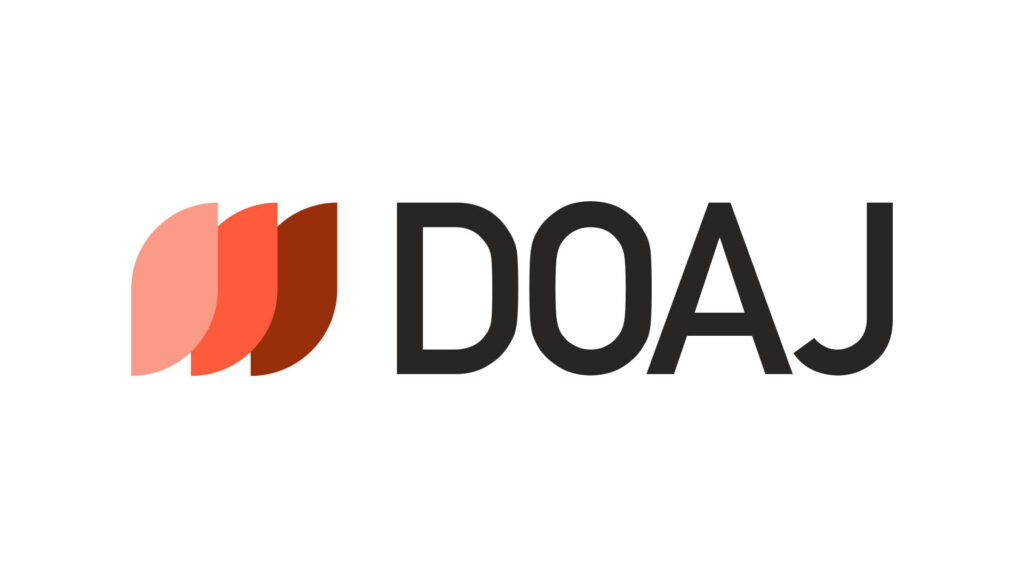|
ISSN Newsletter n° 130 - June 2024
|
|
 ISSN news |
|
|
ISSN IC @ Liber 2024 (3-5 July 2024, Limassol, Cyprus)
|

The ISSN IC will exhibit at LIBER (Ligue des Bibliothèques Européennes de Recherche – Association of European Research Libraries) annual conference.
Join us on our booth for a presentation of our services.
Look at the programme of the conference.
|
|
|
|
|
Back from PIDFest (11-13 June 2024, Prague, Czechia)
|

Gaëlle Béquet, Director of the ISSN International Centre, and Carlos Authier, Director of ISSN Argentina, gave a joint presentation at the PIDFest conference organized in Prague by the National Library of Technology, which hosts ISSN Czech Republic. Their presentation was about the interoperability of ARK, ISNI, ISSN and URN identifiers.
|
|
|
|
|
Future Opening of a New ISSN National Centre in United Arab Emirates
|
 
The ISSN International Centre and the National Library and Archives of Abu Dhabi, UAE, signed a Memorandum of Understanding on May 29, 2024. This agreement is a prelude to the opening of the 94th ISSN National Center, which should take place shortly.
His Excellency Abdulla Majed Al Ali expressed gratitude and anticipation for future cooperation, highlighting the importance of preserving knowledge. Dr. Gaelle Bequet emphasized that the agreement signifies a shared vision and commitment to excellence, marking a significant milestone in their collaborative efforts.
|
|
|
|
 Digital preservation |
|
|
Upholding Research Integrity in Preservation and Archiving
|
In academic publishing, maintaining research integrity is crucial. While organizations like COPE raise awareness, publishers and editors are key in ensuring high standards. Archives and digital preservation services, although not directly involved in publishing, face challenges in safeguarding against predatory journals. Preserving such materials can perpetuate false claims. Archives can implement measures like evaluating retraction rates, verifying peer review processes, consulting reputable sources, and establishing clear archiving criteria to prevent preserving misleading publications. By doing so, they support research integrity, ensuring the reliability of scholarly literature for future researchers.
|
|
|
|
|
When Online Content Disappears
|

A Pew Research Center analysis reveals the impermanence of online content. Between 2013 and 2023, 25% of webpages vanished, with 38% from 2013 now inaccessible. Government and news websites frequently contain broken links, affecting 21% and 23% of pages, respectively. Wikipedia has 54% of pages with at least one dead reference link. On social media, nearly 20% of tweets disappear within months, often due to account changes or deletions. The study underscores the widespread and varied nature of “digital decay,” impacting diverse online platforms and content types. The methodology is explained.
|
|
|
|
 Libraries |
|
|
2024 Top Trends in Academic Libraries
|

This article explores the topics and issues that have been trending in academic libraries over the past two years. It draws on research and initiatives from librarians across the profession, highlighting the constant change libraries face. The launch of ChatGPT sparked discussions about the potential impact of artificial intelligence, open access and open science initiatives continued to gain momentum, and the lingering effects of COVID-19 on library workspaces and student well-being remained significant. Rich citations to the literature provide opportunities for further exploration.
|
|
|
|
|
2024 Library Systems Report
|

The 2024 Library Systems Report documents ongoing investments of libraries in strategic technology products in 2023. It covers for-profit and nonprofit organizations that offer strategic resource management products—especially integrated library systems and library services platforms—and comprehensive discovery products. The vendors included have responded to a survey requesting details about their organization, sales performance, and narrative explanations of accomplishments. Additional sources consulted include press releases, news articles, and other publicly available information. Most of the organizations provided lists of libraries represented in the statistics reported, allowing for more detailed analysis and validation.
|
|
|
|
 Open Science |
|
|
Feedback on the International Seminar “Open Access and Publishing Asymmetries: Studies on APC and Diamond Publishing Costs”
|
|
|
|
|
|
 Open Access |
|
|
FECYT publica la guía Diamond OA Standard (DOAS) para editores en acceso abierto
|
|
|
|
|
|
 Publishing Industry |
|
|
Wiley shuts 19 scholarly journals amid AI paper mill problems
|
Wiley discontinued 19 scientific journals from its Hindawi subsidiary amid a scandal involving fraudulent paper mills. Acquired in 2021, Hindawi was found publishing fabricated papers, leading Wiley to retract over 11,300 papers. Wiley’s CEO Brian Napack departed in October 2023, and the company’s revenue dropped $18 million due to the disruption. The industry-wide problem is exacerbated by AI, which facilitates fraud. Wiley introduced AI screening technology and joined United2Act to combat paper mills. Despite journal closures, Wiley aims to integrate Hindawi into its portfolio, distinct from the earlier shutdowns.
|
|
|
|
|
Paper mills are bribing editors at scholarly journals, Science investigation finds
|
This article exposes a new fraud in academic publishing where paper mills bribe journal editors to accept low-quality or fake research papers. Investigations revealed many editors involved, leading to the retraction of thousands of compromised papers by publishers like Wiley. Despite efforts to combat fraud, the pressure to publish, especially in countries like China, fuels this unethical market. This fraud threatens scientific integrity and increases scrutiny on researchers from affected regions, highlighting the need for more effective measures.
|
|
|
|
 Scholarly Communication |
|
|
FECYT publica el listado provisional de las revistas científicas que renuevan el Sello de Calidad Editorial
|
La Fundación Española para la Ciencia y la Tecnología (FECYT) publica la resolución provisional de las revistas científicas españolas que renuevan el Sello de Calidad Editorial y Científica de FECYT en su VIII convocatoria. En este proceso se han evaluado las revistas que ya disponían de este Sello y lo tenían que renovar. En este enlace se puede consultar el listado provisional de las revistas que renuevan el Sello de Calidad en 2024. Gracias a este distintivo, muchas revistas científicas se han posicionado de manera importante en el mercado nacional e internacional.
|
|
|
|
|
DOAJ’s Role in Supporting Trust in Scholarly Journals: Current Challenges and Future Solutions
|

Throughout their history, scholarly journals have verified the reliability and quality of research, and the peer review process they use is an important building block of trust. In this blog post, Joanna Ball, Managing Director of the Directory of Open Access Journals (DOAJ) and Cenyu Shen, Deputy Head of Editorial Quality, reflect on the current threats to trust in scholarly journal publishing, and the implications for organizations like DOAJ that seek to uphold that trust.
|
|
|
|
|
Cobros por publicar en las revistas científicas de la colección SciELO Chile
|

En el ámbito de la comunicación científica, coexisten tres modelos de financiación de revistas de acceso abierto: APC (Article Process Charges), tasas de procesamiento por página, y el modelo Diamante. Recientes declaraciones, como el Manifiesto sobre la Ciencia como Bien Público Global y cambios en Latindex, abordan estos temas. En la reunión de SciELO en septiembre de 2023, se discutieron las “Contribuciones al Costeo de Publicaciones” (CCP). El equipo SciELO Chile analizó manualmente los cobros de revistas, cruzando datos con DOAJ y Latindex, y categorizó las instituciones editoras según Latindex.
|
|
|
|
|
The State of Scholarly Metadata 2024
|

CCC and Media Growth Strategies undertook a thorough examination of metadata management across the research lifecycle. This in-depth review builds on an existing body of work to assess and help market participants confront the challenges around low quality metadata and underutilization of persistent identifiers that disrupt various stages of the research lifecycle, including but not limited to the transition to Open Access (OA). CCC is sharing this analysis with the scholarly communications community to spark dialogue and drive action.
Look at the infographics in PDF.
|
|
|
|
 Standards |
|
|
Guidelines for creating a user tailored EOSC Compliant PID Policy
|
The European Open Science Cloud (EOSC) initiative aims to develop a system providing users with cloud computing services for open science practices.
When selecting an appropriate PID service, it is important to understand what your expectations are with respect to uniqueness, persistence and resolvability, and what methods and services are available to perform and control this selection process. These Guidelines are meant for helping PID Managers. This deliverable is opened until 31 August 2024 for the external community review as well as review in the ongoing FAIR-IMPACT support programme Creating EOSC compliant Persistent Identifier (PID) policies.
|
|
|
|
|
Uniform Resource Name in National Libraries: a URN:NBN landscape report
|
In the thirty years since the Uniform Resource Name (URN) concept was introduced, thirteen European countries have issued URNs for cultural heritage collections using the NBN (National Bibliography Number) namespace. This report, based on interviews with URN providers from November 2023 to February 2024, reveals varied experiences. Some providers found URN successful, while others faced challenges. Over 113 million URN have been issued, appreciated for their ease of use and low costs. Challenges include technical development and lack of institutional prioritization. The report suggests fostering collaboration among URN providers for future success.
|
|
|
|
|
BISG unveils new Working Group for the nationwide adoption of ISNIs in the United States
|
In March 2024, the Book Industry Study Group (BISG) launched its latest Working Group, dedicated to establishing a strategy for the nationwide adoption of ISNI across the United States. The inaugural meeting on 27th March, attended by a number of industry leaders, set the stage for the Working Group’s activities. The Group will start by documenting successful ISNI workflow models from other countries, assessing their benefits and determining their applicability to the US market. Additionally, the Group will continue to represent US interests in the meetings of the ISNI Book Publishing Consultation Group.
|
|
|
|
|
2024 public data file now available, featuring new experimental formats
|

In January, Martin Eve announced that Crossref had been experimenting with alternative file formats meant to make Crossref public data files easier to use by broader audiences. This year’s public data file is now available, featuring over 156 million metadata records deposited with Crossref through the end of April 2024 from over 19,000 members. A full breakdown of Crossref metadata statistics is available here. You can download all of these records in one go via Academic Torrents.
|
|
|
|
 Events |
|
|
Webinar: OASPA Wayfinders (25 June 2024, 3.00 pm – 4.15 pm BST)
|

OASPA’s wayfinders series brings to life practical case-studies helping all organisations find ways to increase equity in open access (OA). The third wayfinders session on 25 June 2024 picks up where wayfinders #2 left off and continues to look at the journeys of publishing organisations that are (or were) delivering OA through per-publication charges. Wayfinders #3 will collect views from those improving or iterating on per-publication charge models, as well as those evolving away from such charges.
Registration page
|
|
|
|
|
iPRES 2024 (16-20 September, Ghent & Flanders, Belgium)
|
|
|
|
|
|
|
PLS Conference 2024 Line Up Announced
|

Publishers’ Licensing Services (PLS) will host its annual Rights & Licensing Conference in London. This free event features a dynamic programme with insightful panels and speakers from across the publishing industry. The full line up is confirmed. The conference will delve into the latest trends, opportunities, and challenges affecting publishers today, including artificial intelligence, copyright protection and enforcement, the future of selling rights, and much more!
Register for free.
|
|
|
|
|

 ISSN news
ISSN news


















